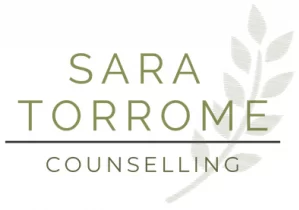If you or someone you love is dealing with the grief of miscarriage, know that you are not alone. Women who have had a miscarriage may feel isolated and alone in their grief. This can be compounded by the fact that many women are afraid to talk about it - they may feel like they should get over it quickly or pretend that it did not happen. But there is no right or wrong way to grieve the loss of a pregnancy; everyone experiences grief differently. You may feel angry, scared and sad after a miscarriage; these feelings are normal and do not mean anything is wrong with you as a person.
The grief of miscarriage
There is no right or wrong way to grieve a miscarriage. You may feel isolated, alone and angry at the world. It's OK to feel that way; you're grieving! If you find yourself feeling that way, try talking with someone who has been through this experience before or even just someone who will listen without judgment. They can help you work through your feelings and give advice on how they coped with their own loss.
You might also feel like no one understands the way that miscarriage affects each person differently: some women go through multiple miscarriages before having a successful pregnancy; others have only one miscarriage before becoming pregnant again; still others have never had any problems conceiving but still mourned their losses deeply nonetheless (I am one of these).
No matter what kind of experience you've had with pregnancy loss or infertility treatment failures, there will always be someone out there who has gone through something similar.
It is normal to have mixed emotions after a miscarriage
Grief is a natural response to loss, and it's important to remember that you are not alone in your feelings. As you go through the grieving process, it is normal to have mixed emotions -- happy, sad, guilt-ridden and anxious. This can be very confusing for everyone involved.
If you are struggling with these feelings after a miscarriage: Don't be afraid to ask for help from friends and family members who understand what you are going through; there may also be support groups in your area where people who have gone through similar experiences can meet together (you can find them online). If talking about what happened makes things worse instead of better for you right now then try writing about it in a journal or drawing pictures instead; just make sure whatever activity helps deal with those emotions without hurting yourself or others around them
Know that you are not alone.
You are not alone. It's a sad fact that miscarriage is one of the most common pregnancy complications, but it doesn't get talked about in our society as much as it should. Even if you are very close to someone who has had a miscarriage, they may not know how to talk about it or what to say because they don't really know what happened in your body during that time period either--and that's okay! But if you don't have anyone around who can relate, then we have some suggestions for where else you can turn.
If you, a friend, or family member are struggling with grief after a miscarriage, I am here to provide confidential, non-judgemental bereavement counselling in Beaconsfield and online. Get in touch to arrange an initial consultation at a time that suits you.
